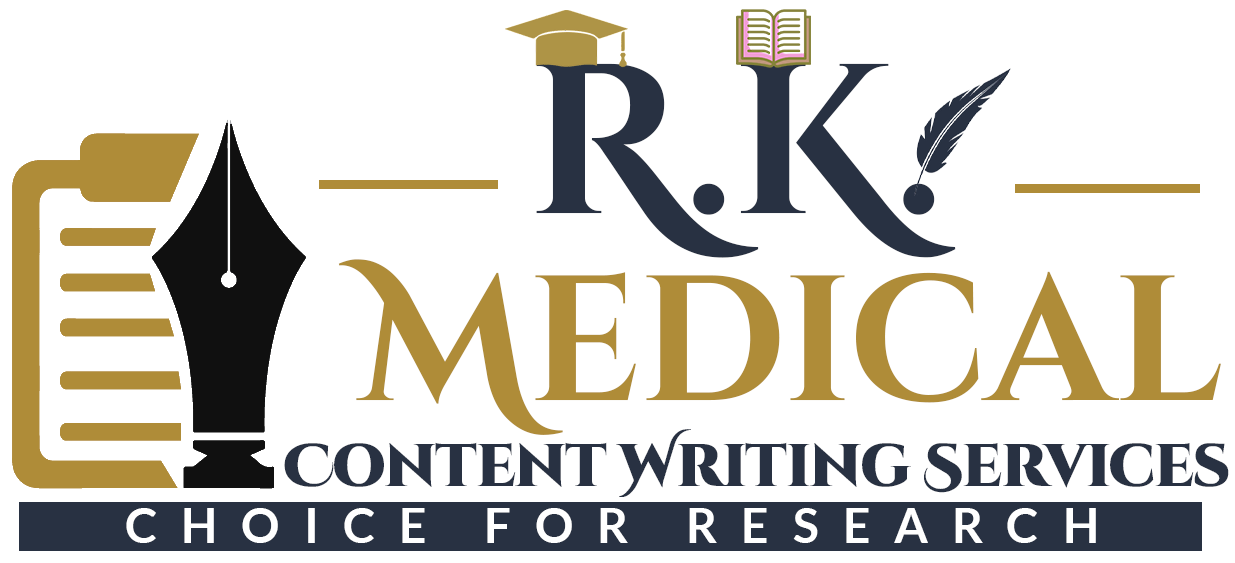Publication Support
Steps in Publishing a Manuscript
Consider the article’s genre, cited works, the journal’s stated mission, scope, and audience, as well as its accessibility and impact factors, before settling on a home for your submission. This is crucial for connecting with the right people. Limit your submissions to a single journal. Rejection and disappointment are less likely to occur when one adopts a proactive approach and attitude. If you want your article to be read by its intended audience and have the best chance of being accepted, you need to submit it to the right journal. Carefully peruse the journal’s stated goals, scope, and author guidelines before submitting any work. Since they are the first things an editor at a scholarly journal reads, the title and abstract of a manuscript are crucial. Make sure to include a cover letter with your submission. Less than ten percent of articles submitted to high-impact journals are eventually published, though this number often rises to over forty percent for special issues and special topics sections.

Plagiarism Check
Plagiarism is seen as a serious ethical breach by journals, and authors who are caught plagiarizing their work face rejection. The author’s reputation and credibility as a researcher can be damaged by a rejection due to plagiarism. We are providing a plagiarism check certificate (if requested) for all the manuscripts written, edited, or reviewed by us. With the help of our plagiarism check service, you can see which parts of your manuscript the journal might flag for accidental plagiarism.
Peer Review
Before deciding whether or not to publish your research, the journal will subject it to a process of peer review. Reviewers evaluate your study for its validity, significance, and originality; they may also offer suggestions for enhancing your manuscript and your research. The editors’ decision to accept, accept with revisions, or reject a manuscript is based on the feedback of a group of experts in the field.

Why is peer review needed?
Keep in mind that the goal of peer review is to help you produce better work, so approach it positively. In the end, even the papers that win the Nobel Prize will be revised or even rejected. Peer review is a reliable way to check the quality of research before it is published and to make sure that only high-quality work gets spread in academic circles.
Why do you need us here?
In the case of prominent scientific journals, submissions account for an 80% rejection rate. Our expert team of reviewers will provide you with helpful feedback prior to submitting it to the publication of your choice. As we all know, it is an exceptionally difficult and time-consuming procedure. We suggest you trust us and leave this time-consuming task of managing the submission and publication processes to us. Trust our experience working with top academic publications and let us handle the details for you.

Our Role in Your Publishing…
We’ll recommend the top, highly indexed journals for your manuscript and provide a detailed report outlining the benefits and drawbacks of submitting to each. By submitting to relevant journals, you can lessen the likelihood of your manuscript being rejected out of hand. We offer assistance in publishing your manuscripts in SCOPUS, ISI, Web of Science, SCIE, and PubMed-indexed journals with full follow-up support.
